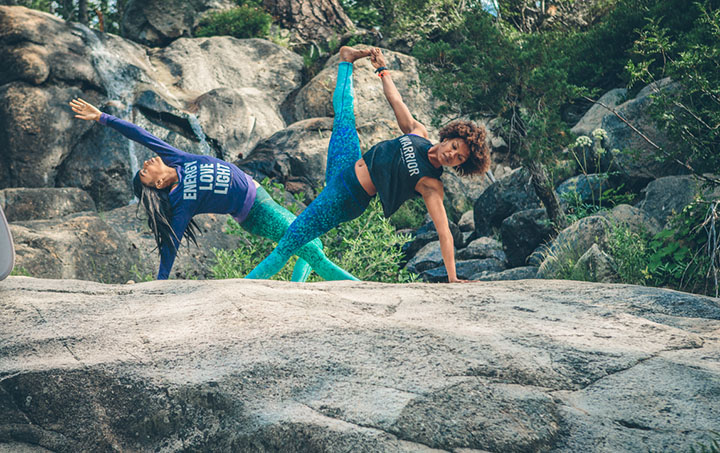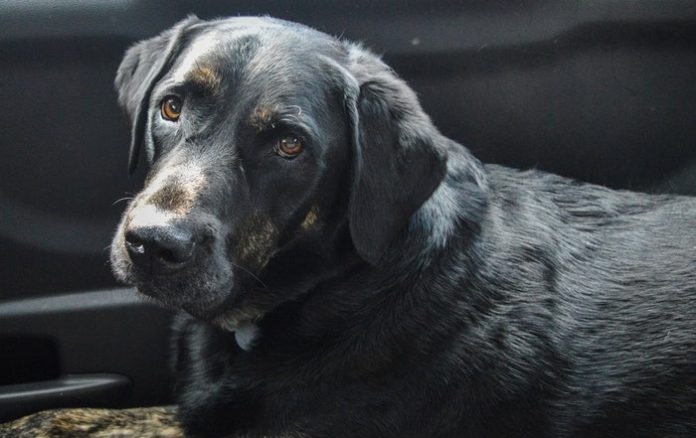Have you made the decision that the time is right for you to adopt a dog? Have you decided that you’re willing and ready to take on the responsibility, both from a time commitment and financial commitment perspective to fully care for the dog? If so, there is no doubt you’re excited about your decision and anxious to find that perfect dog to add to your life, which means it’s time to think about the ideal breed for you.
For many people, a large breed dog is their ideal breed. Perhaps you like the idea that a large breed dog provides safety and security for your home, maybe you like that they are less fragile, and that they may be able to engage in more sports and activities thanks to their size. But before you go rushing into an adoption, there are a few things to be aware of when it comes to large breeds specifically. Let’s take a closer look.
They Need Enough Room to Exercise
One of the first things to consider is how you will keep a large breed dog well exercised. This is important for them to maintain good physical health, which will extend their lifespan. If you have no yard space, or a very small yard, you need to be willing to take them for walks multiple times a day to provide them with adequate exercise.
Do You Have Enough Space in the Home?
Another factor to consider is how much space you have in your actual home. A big dog takes up a lot of space in terms of their dog bed, a crate if you plan on crate training, their food/water bowls are big and bulky, their toys will be bigger – it’s just a lot of big items!
Training is Incredibly Important
Training will also be important, as a big dog is likely very powerful so you need to feel confident in your ability to handle them while out and about, or while you have visitors at your own house. If you have small children, training is also of the utmost importance. If this is your first dog, a professional trainer could be the smartest route to take.
They Can Be Prone to Hip Dysplasia
Another thing to be aware of is the fact that some of the most popular large breeds – German Shepherd and the Labrador Retriever, are more likely to suffer from this condition. Keep in mind this condition also affects other breeds – not just medium and large breeds.
This is actually a skeletal disease that will affect the dog’s hip joints while they are growing. Abnormal development happens in the hip joint which can impact the dog’s comfort and mobility levels. A long canine hip dysplasia post from Diamond Pet goes into much more detail about what this disease is, its effects, and how you can deal with it.
Finding that Perfect Dog for You
Being ready to adopt a dog is really only the first step in the process, so taking the time to research various breeds and considering how they will work with your lifestyle and family dynamics is also key.
Readers Might Also Like:
 5 Ways to Improve Your Critical Thinking Skills This Month
5 Ways to Improve Your Critical Thinking Skills This Month
 9 Life Hacks To Gain From Starting A Yoga Practice
9 Life Hacks To Gain From Starting A Yoga Practice
 The Health Benefits of Flaxseed
The Health Benefits of Flaxseed

